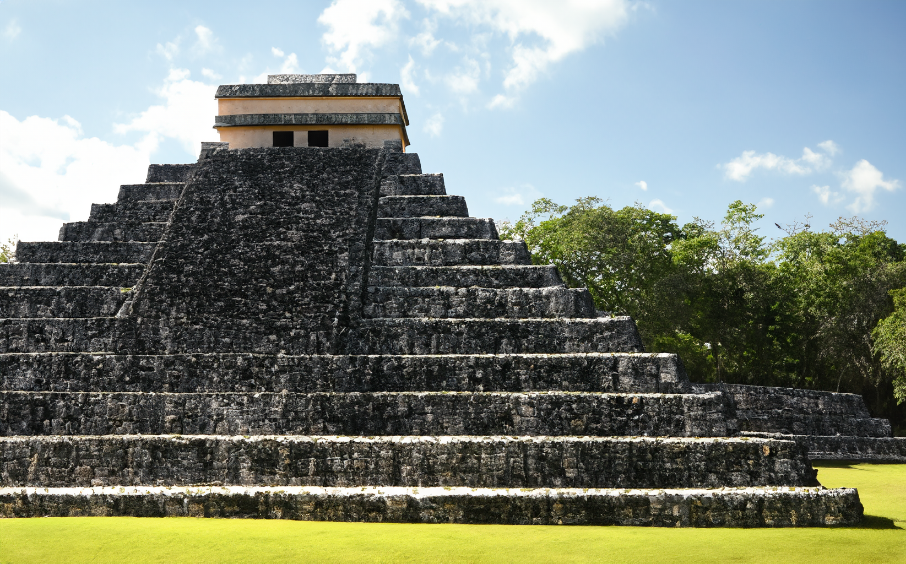When it comes to self-help, it’s easy to forget that the quest for personal growth and well-being is not a new phenomenon. Ancient civilizations, long before the advent of modern psychology and self-improvement gurus, had already developed a rich tapestry of techniques aimed at enhancing the human experience. From the sun-drenched deserts of Egypt to the lush forests of India, these time-tested practices continue to captivate and inspire individuals seeking to unlock their full potential.
Timekeeping: The Heartbeat of Ancient Civilizations
One of the most fascinating aspects of ancient self-help is the ingenious timekeeping devices developed by these cultures. Sundials, water clocks, and even incense clocks were not merely tools for measuring time; they were symbols of the deep connection between the individual and the rhythms of the natural world. By aligning their daily routines with the sun’s path or the steady drip of water, ancient peoples cultivated a sense of harmony and balance that is often lacking in our fast-paced modern lives.
Meditation: The Art of Stilling the Mind
Perhaps one of the most well-known and widely practiced ancient self-help techniques is meditation. Originating in India and China, this practice of focused attention and mindfulness has been scientifically proven to reduce stress, improve concentration, and promote emotional well-being. By quieting the constant chatter of the mind, meditation allows individuals to tap into a deeper well of inner peace and clarity, a skill that is as valuable today as it was thousands of years ago.
Herbal Medicine: Nature’s Pharmacy
Ancient cultures around the world developed extensive knowledge of herbal remedies, many of which have been found to have modern medical benefits. From the healing properties of turmeric in India to the anti-inflammatory effects of willow bark in ancient Greece, these natural treatments offer a holistic approach to well-being that is often lacking in modern Western medicine. By reconnecting with the wisdom of our ancestors, we can rediscover the power of plants to heal and nourish the body and mind.
Yoga: The Union of Mind, Body, and Spirit
Originating in ancient India, yoga is a comprehensive system for well-being that includes physical postures, breathing exercises, and meditation. This ancient practice has been shown to have numerous health benefits, from improving flexibility and strength to reducing stress and anxiety. By integrating the wisdom of yoga into our modern lives, we can cultivate a deeper sense of connection between our physical, mental, and spiritual selves, leading to a more balanced and fulfilling existence.
Philosophical Wisdom: Timeless Insights for Living Well
Perhaps the most enduring legacy of ancient civilizations is the wisdom contained in their philosophical texts. From the Stoic teachings of Marcus Aurelius to the Confucian emphasis on virtue and social harmony, these ancient thinkers offer a unique perspective on the art of living well. By exploring and applying the insights of these philosophers, individuals can gain a deeper understanding of themselves and their place in the world, cultivating the qualities of wisdom, courage, and resilience that are essential for navigating the challenges of modern life.
Embracing the Wisdom of the Ages
As we navigate the complexities of the 21st century, it’s easy to feel overwhelmed by the constant barrage of self-help advice and the pressure to constantly improve ourselves. However, by looking to the wisdom of ancient civilizations, we can find a different path – one that emphasizes balance, harmony, and a deep connection to the natural world and our own inner resources. By incorporating these time-tested practices into our daily lives, we can unlock the secrets of ancient wisdom and create a more fulfilling and meaningful existence in the modern world.



